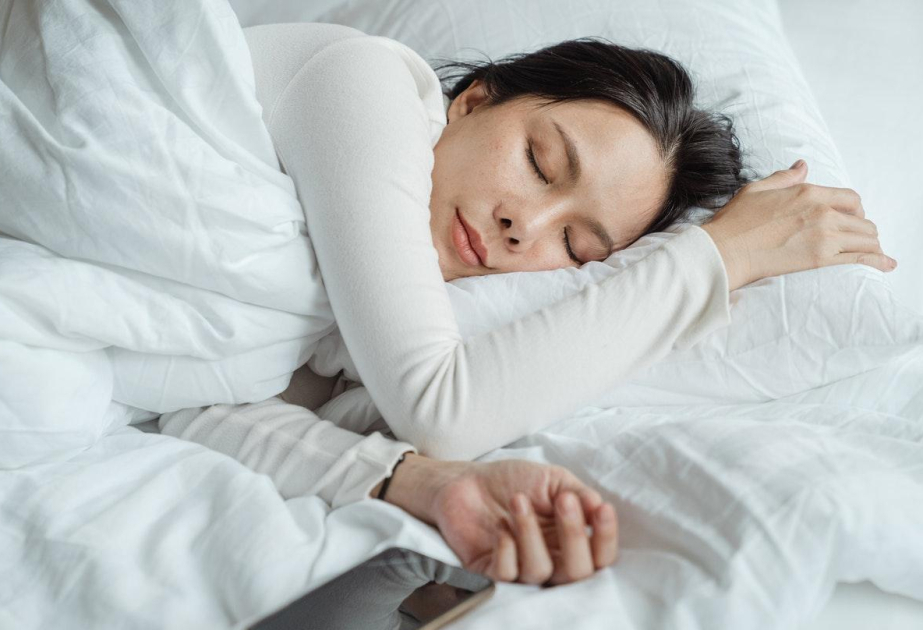Sleep schedules are often one of the first things that people choose to compromise in order to check everything off their to-do lists, especially with the end of the year approaching. But folks hoping for happy holidays should reconsider, according to University of Michigan News.
A new study from the University of Michigan shows that when people’s sleep cycles are misaligned with their internal clocks, or circadian rhythms, it can have drastic effects on their moods.
Conversely, however, that means getting sleep when the body’s expecting it provides a potent boost to one’s emotional state and could alleviate symptoms associated with mood disorders, said senior author Daniel Forger.
“This is not going to solve depression. We need to be very, very clear about that,” said Forger, professor in the Department of Mathematics and director of the Michigan Center for Applied and Interdisciplinary Mathematics.
“But this is a key factor that we can actually control. We can’t control someone’s life events. We can’t control their relationships or their genetics. But what we can do is very carefully look at their individual sleep patterns and circadian rhythms to really see how that’s affecting their mood.”
The research is published in the journal Digital Medicine. People have long known that sleep affects mood, but mostly in a conceptual, almost lighthearted way. For instance, we often use words like “cranky” or “fussy” when discussing this connection. Yet previous studies have consistently found links between sleep—its duration, quality and disruption—and serious mental health concerns, including suicide risk.
“Sleep is important to us, but maybe not in the same way we care about depression,” Forger said. “But there’s been a tremendous amount of research coming out showing that mood affects circadian rhythms and sleep, and that circadian rhythms and sleep affect mood.”
This research, however, has almost exclusively been performed in controlled settings, Forger said. So he and his team set out to find these effects—and opportunities to use them to improve moods—in the real world.
This project was made possible, in part, by the Intern Health Study, a project funded by the National Institutes of Health at the University of Michigan which works with hundreds of first-year training physicians. As part of the study, the interns complete routine mood surveys while wearing fitness trackers—namely, Fitbits—that monitor their heart rate, activity and sleeping habits. This study was also supported by the National Science Foundation.
Forger and his team have developed algorithms to assess Fitbit data and extract quantitative information about people’s circadian rhythms, their sleep cycles and how well those align. By coupling that with the Intern Health Study’s daily mood surveys and also using quarterly depression screening questionnaires, the team could establish links between those alignments and real-world measures of mental health.


















